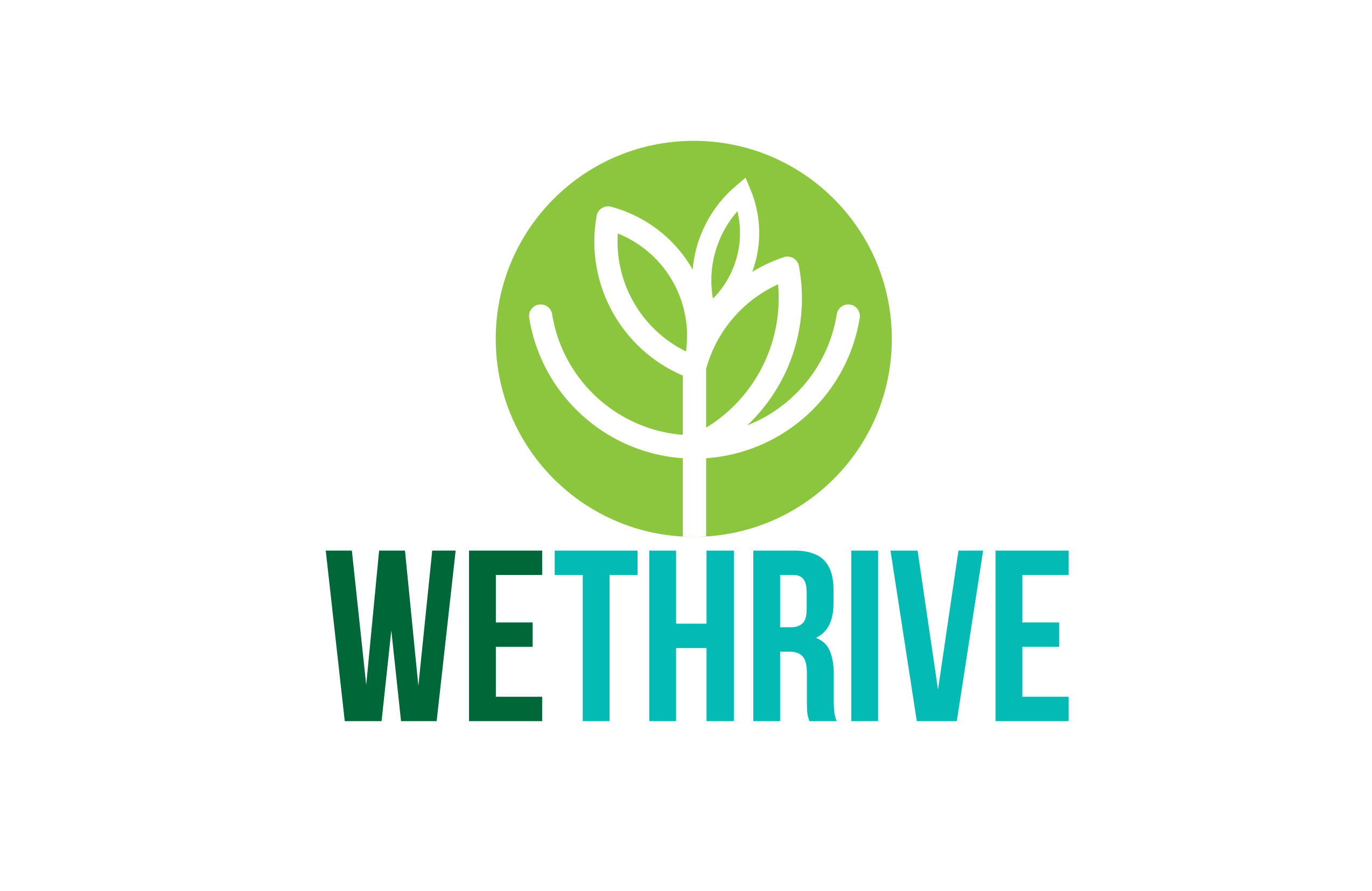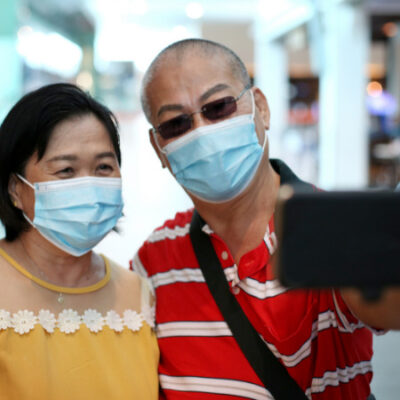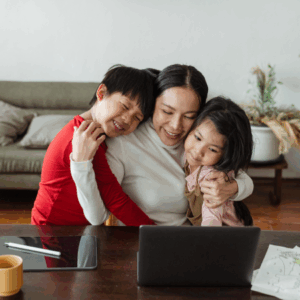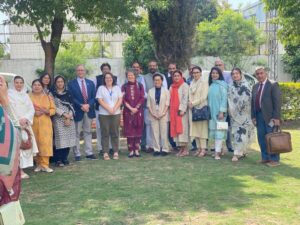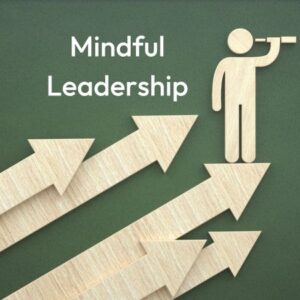With COVID-19 restrictions in public life easing, there is an excitement for a return to “happiness.” The desire surely comes from intense feelings. Many of us struggled to meet our daily needs, endured prolonged states of helplessness, faced sickness or death every other week, and confronted deep-seated hurts and longings which we only managed to avoid through the daily routines the pandemic stole away. And yet somehow, according to the latest World Happiness Report, the Philippines ranked 60 out of 146 countries in levels of happiness in terms of overall life evaluation.1 How is this so? And what can this experience of a global health crisis offer in our ongoing struggles to recreate and reimagine happiness?
Drawing from our clinical work, this article will briefly look at discerning the factors we can exercise responsibility over, and what questions we can ask ourselves to exercise “psychological flexibility” in response to these feelings of accountability and helplessness.
Not every variable affecting happiness is our responsibility. While this fact does not imply a disregard of personal liability, a fuller experience of happiness requires that this sense of responsibility be exercised with restraint. This can be done through the practice of “psychological flexibility”, and we offer two basic questions to start. First, are you actually responsible for the things you hold yourself responsible for? And second, can you be kinder to yourself for what you are actually responsible for?
Not every variable affecting happiness is our responsibility.
Consider three of the six general predictors used by the World Happiness Report: “social support”, “perception of corruption”, and “Gross Domestic Product (GDP) per capita”. 2What you notice almost immediately is that these factors affecting happiness have little to do with individual willpower. For example, a person’s ability to access social support can be affected by cultural environments that create “social handicaps” (i.e. anything from a person’s physical and psychiatric disabilities to their membership in a stigmatized group which communities consciously or implicitly act upon in ways which impair a person’s ability to access goods, services, or privileges).3 Similarly, how rampant corruption is or how high the average household income might be is grounded in systemic issues of policy and governance rather than simple personal will. Other predictors alluding to personal decisions, such as “generosity”, “healthy life expectancy”, and “freedom to make life choices”, are influenced by things outside the conscientious exercise of personal agency. Our decision to donate to a cause might be affected by something as arbitrary as gender norms or whether you are told someone else gave a donation.4 You may be predisposed to chronic illnesses regardless of how hard you try to stay healthy.5 The choices we are “free” can hardly be called “free”, such as when systemic discrimination on the basis of sexual orientation or gender identity creates barriers to “choosing” to seek out healthcare services.6 There are other examples, but the fact that these were the variables used by a major global study tells us something about to what extent we can claim responsibility for the happiness we feel at any given time.
None of this implies a disregard of personal liability, and it is still true that we must exercise accountability for our choices. Accountability to legitimate social expectations (e.g. others expecting you not to steal from them) and to personal principles (e.g. valuing honesty) is critical not only to a functioning society but to living authentically. Having a sense of responsibility over our lives means we can exert influence over our lives, and by extension flourish in ways that are authentically ours – a capacity that is essential to happiness.7 But not everything is your responsibility. Contracting the COVID-19 virus can happen no matter how cautious you are. Being stuck in homes that hurt you because of quarantine restrictions, and the lack of feasible alternatives, is often more about circumstances outside your control. Sticking to a job that is making you sick is still less risky than seeking a new job elsewhere, especially when even short-term joblessness puts you and your dependents at so much risk. Happiness requires that this sensibility be exercised with restraint – and this, at least, we can always do.
Psychological flexibility is a key variable to happiness.
What does “exercising restraint” look like? This starts with discerning what is and isn’t within our control.
It means identifying what we can reasonably be accountable for, a part of a lifelong effort of balancing between our desire to live authentically and the reality of living in contexts of less-than-ideal choices.
This balance is achieved, among other things, by what is called “psychological flexibility”. In the most basic sense, this means “the ability to adapt in response to changes in external or internal circumstances”.8 It has been rightly called “a fundamental aspect of health” and involves a process where a person “adapts to fluctuating situational demands … reconfigures mental resources … shifts perspective … [and] balances competing desires, needs, and life domains.”9 Here, this means allowing for more nuance in understanding and implementing our sense of responsibility in situations fraught with ambiguity. We can start with two questions.
1. Are you actually responsible for the things you hold yourself accountable?
We have all had to face disturbing situations. To use a personal experience, it may have been losing a loved one to COVID-19. You may believe you did not get them the care they needed in time, or could not get them care at all because you had no means to do so. True, what they received may have been too little or too late. But to indulge in self-blame is problematic in at least three ways. First, it assumes that their wellbeing was your sole responsibility. Contributing to another’s wellbeing is not the same as taking ownership of their wellbeing. Second, it assumes that the failure is your own. As a public health issue, this cannot be stressed enough: our social institutions are governed along the system of the nation-state, and things such as providing comprehensive healthcare is the obligation of the state and not of any one person. Third, the blame assumes that you should have been better prepared. Speaking again from personal experience, there is no way to adequately prepare for something like this, not financially (given the country’s serious problems with labor and privatized healthcare) and certainly not emotionally. It is true they didn’t receive the care they needed. But it is equally true that it wasn’t entirely yours to give.
The blame can be subtler. You may blame yourself for failing in a career task, or some personal goal. Maybe you were unable to maintain important bonds, like a romantic partner. Anyway, the underlying assumptions are the same. You may be taking ownership for something that isn’t yours alone. Relationships, for example, evidently involve more than one person, and responsibility is shared as such. You may believe that the failure of the situation was entirely on you. Within businesses and organizations, there is actually only so much an individual can rightfully be held responsible for: an individual’s failure to complete can also be an organization’s failure to consider what a task really entails under these extraordinary circumstances. Or you may believe that you could have prepared more. While that might be true, remember that hindsight is 20-20, and also that the psychological strain of a global crisis has had a real effect on the decisions we made.10
2. Can you be kinder to yourself for not succeeding in what you were responsible for?
Strange as it sounds, it is easier to blame ourselves. Personal failure assumes the possibility of its opposite: personal success. If only the circumstances were different! There is some pleasure in considering alternative outcomes where you come out with a strong finish. But that pleasure is not the same as happiness. The circumstances were as they were; it can never be anything other than what it was. More fundamentally, it is difficult to accept that such a “success”, however we envisioned it, was not possible given what you had and what you knew at the time. Not finishing strong, and barely making it, may have been the only logical outcome. It may have even been the best outcome, as even bigger failures may have been more likely than even smaller successes. This is not a fun thing to realize.
Responding to a clear personal failure – the kind which not only cuts deep and could not have been anything else – is no small pleasure. But taking a position of kindness in response to these failures, called “self-compassion”, is fundamental to happiness.
So consider: can you be kinder to yourself for not living up to your expectations? Can you be kinder to yourself for not succeeding in what you were responsible for?
As we enter a phase which foresees an “end” to the pandemic’s sudden and major upheavals, it is important to exercise as much of this flexibility as possible, so we might carry with us a sense of our capacities unburdened by a sense of responsibility that is kinder and more understanding.
Sources:
- See Table 2.1 in Helliwell, J.H., Layard, R., Sachs, J.D., De Neve, J., Aknin, L.B., and Wang, S. (2022). World Happiness Report 2022. Sustainable Development Solutions Network. Retrieved from: https://worldhappiness.report/.
- Ibid
- Koukouli, S., Vlachonikolis, I. and Philalithis, A. (2002). Socio-demographic factors and self-reported funtional status: the significance of social support. In BMC Health Services Research, 2(20). DOI: 10.1186/1472-6963-2-20.
- Allen, S. (2018). The Science of Generosity. Great Good Science Center, UC Berkeley. Retrieved from: https://ggsc.berkeley.edu/images/uploads/GGSC-JTF_White_Paper-Generosity-FINAL.pdf.
- Wehby, G.L., Domingue, B.W., and Wolinsky, F.D. (2018). Genetic Risks for Chronic Conditions: Implications for Long-term Wellbeing. In Journals of Gerontology Series A: Biological Sciences and Medical Sciences, 73(4), 477-483. DOI: 10.1093/gerona/glx154.
- See Subsection on “Barriers to Accessing Healthcare” in Chapter 2 of Institute of Medicine (US) Committee on Lesbian, Gay, Bisexual, and Transgender Health Issues and Research Gaps and Opportunities (2011). The Health of Lesbian, Gay, Bisexual, and Transgender People: Building a Foundation for Better Understanding. DOI: 10.17226/13128. Retrieved from: https://www.ncbi.nlm.nih.gov/books/NBK64806.
- Koydemir, S., Şimşek, Ö.F., Kuzgun, T.B., and Schütz, A. (2020). Feeling special, feeling happy: Authenticity mediates the relationship between sense of uniqueness and happiness. In Current Psychology, 39, 1589–1599. DOI: 10.1007/s12144-018-9865-z.
- Stange, J. P., Alloy, L. B., & Fresco, D. M. (2017). Inflexibility as a Vulnerability to Depression: A Systematic Qualitative Review. In Clinical psychology: a publication of the Division of Clinical Psychology of the American Psychological Association, 24(3), 245–276. DOI: 10.1111/cpsp.12201.
- Kashdan, T. B., & Rottenberg, J. (2010). Psychological flexibility as a fundamental aspect of health. In Clinical Psychology Review, 30(7), 865–878. DOI: 10.1016/j.cpr.2010.03.001.
- Tarantino, V., Tasca, I., Giannetto, N., Mangano, G.R., Turriziani, P., and Oliveri, M. (2021). Impact of Perceived Stress and Immune Status on Decision-Making Abilities during COVID-19 Pandemic Lockdown. In Behavioral Sciences, 11(12), 167. DOI: 10.3390/bs11120167.
- Neff, K.D., Rude, S.S., and Kirkpatrick, K.L. (2007). An examination of self-compassion in relation to positive psychological functioning and personality traits. In Journal of Research in Personality, 41, 908-916. DOI: 10.1016/j.jrp.2006.08.002.
